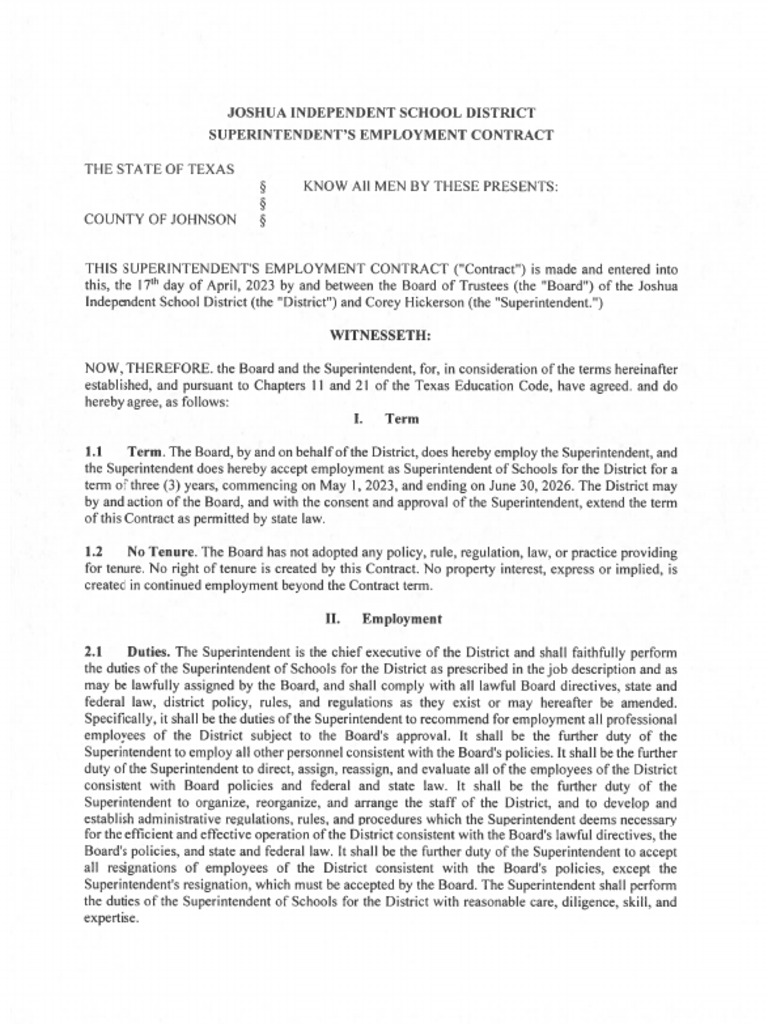Financial Psychology Institute Insights

The realm of financial psychology is a fascinating field that delves into the intricacies of human behavior and decision-making when it comes to money. At the Financial Psychology Institute, experts have been studying the complex relationships between financial well-being, cognitive biases, and emotional responses. One of the key findings is that financial stress can have a profound impact on an individual’s mental and physical health, leading to anxiety, depression, and even physical ailments such as hypertension and cardiovascular disease.
The Psychology of Spending
Research has shown that humans are wired to seek immediate gratification, which can often lead to impulsive spending decisions. This is particularly true in today’s digital age, where the ease of online shopping and the constant bombardment of advertising can create a sense of perpetual temptation. The Financial Psychology Institute has identified several key factors that contribute to overspending, including:
- Emotional triggers: Stress, boredom, and emotional events can trigger impulsive purchases as individuals seek to cope with their emotions.
- Social influence: The desire to keep up with social norms and peer pressure can lead to overspending, particularly in the realm of luxury goods and experiences.
- Cognitive biases: Biases such as the sunk cost fallacy, where individuals continue to invest in a losing proposition because of their initial investment, can lead to poor financial decisions.
To combat these tendencies, the Financial Psychology Institute recommends implementing strategies such as:
- Mindful spending: Practicing awareness of one’s spending habits and making intentional purchasing decisions.
- Delayed gratification: Implementing a waiting period between wanting something and buying it to reduce impulsive decisions.
- Financial goal-setting: Establishing clear, achievable financial goals and prioritizing needs over wants.
The Impact of Financial Trauma
Financial trauma, such as experiencing a significant financial loss or living through a period of economic instability, can have a lasting impact on an individual’s financial psyche. The Financial Psychology Institute has found that financial trauma can lead to:
- Hypervigilance: Excessive worry and anxiety about financial security, leading to an overemphasis on saving and risk aversion.
- Financial avoidance: Avoiding financial decisions or discussions due to feelings of overwhelm or fear.
- Self-sabotage: Engaging in self-destructive financial behaviors, such as overspending or poor investment decisions, as a coping mechanism for emotional pain.
To address financial trauma, the Financial Psychology Institute suggests:
- Seeking professional help: Working with a financial therapist or counselor to process emotional responses and develop healthier financial habits.
- Reframing financial narratives: Challenging negative thought patterns and redefining one’s relationship with money.
- Practicing self-compassion: Treating oneself with kindness and understanding when making financial mistakes or facing financial challenges.
The Role of Financial Literacy
Financial literacy is a critical component of achieving financial well-being, yet many individuals lack a comprehensive understanding of personal finance concepts. The Financial Psychology Institute emphasizes the importance of:
- Financial education: Providing accessible, engaging resources for learning about personal finance, investing, and money management.
- Financial coaching: Working with a qualified financial coach to develop personalized financial plans and strategies.
- Financial support networks: Building a community of peers and mentors who can offer guidance, encouragement, and accountability.
By addressing the psychological and emotional aspects of financial decision-making, individuals can develop a healthier, more empowered relationship with money. The Financial Psychology Institute’s insights offer a valuable starting point for navigating the complex world of financial psychology and achieving long-term financial well-being.
How can I overcome financial stress and anxiety?
+Overcoming financial stress and anxiety requires a multi-faceted approach that incorporates stress management techniques, such as mindfulness and meditation, with practical financial strategies, such as budgeting and debt reduction. Seeking professional help from a financial therapist or counselor can also provide valuable guidance and support.
What are some common cognitive biases that can affect financial decision-making?
+Cognitive biases, such as confirmation bias, anchoring bias, and sunk cost fallacy, can significantly impact financial decision-making. Being aware of these biases and actively working to mitigate their influence can help individuals make more informed, rational financial choices.
How can I develop a healthier relationship with money?
+Developing a healthier relationship with money involves redefining one's financial narrative, practicing self-compassion, and cultivating mindfulness around spending habits. Establishing clear financial goals, prioritizing needs over wants, and seeking support from financial professionals or peers can also contribute to a more positive, empowered relationship with money.
In conclusion, the Financial Psychology Institute’s insights highlight the complex, multifaceted nature of financial decision-making and the importance of addressing the psychological and emotional aspects of financial well-being. By acknowledging the role of cognitive biases, financial trauma, and financial literacy, individuals can take the first steps towards developing a healthier, more empowered relationship with money.
